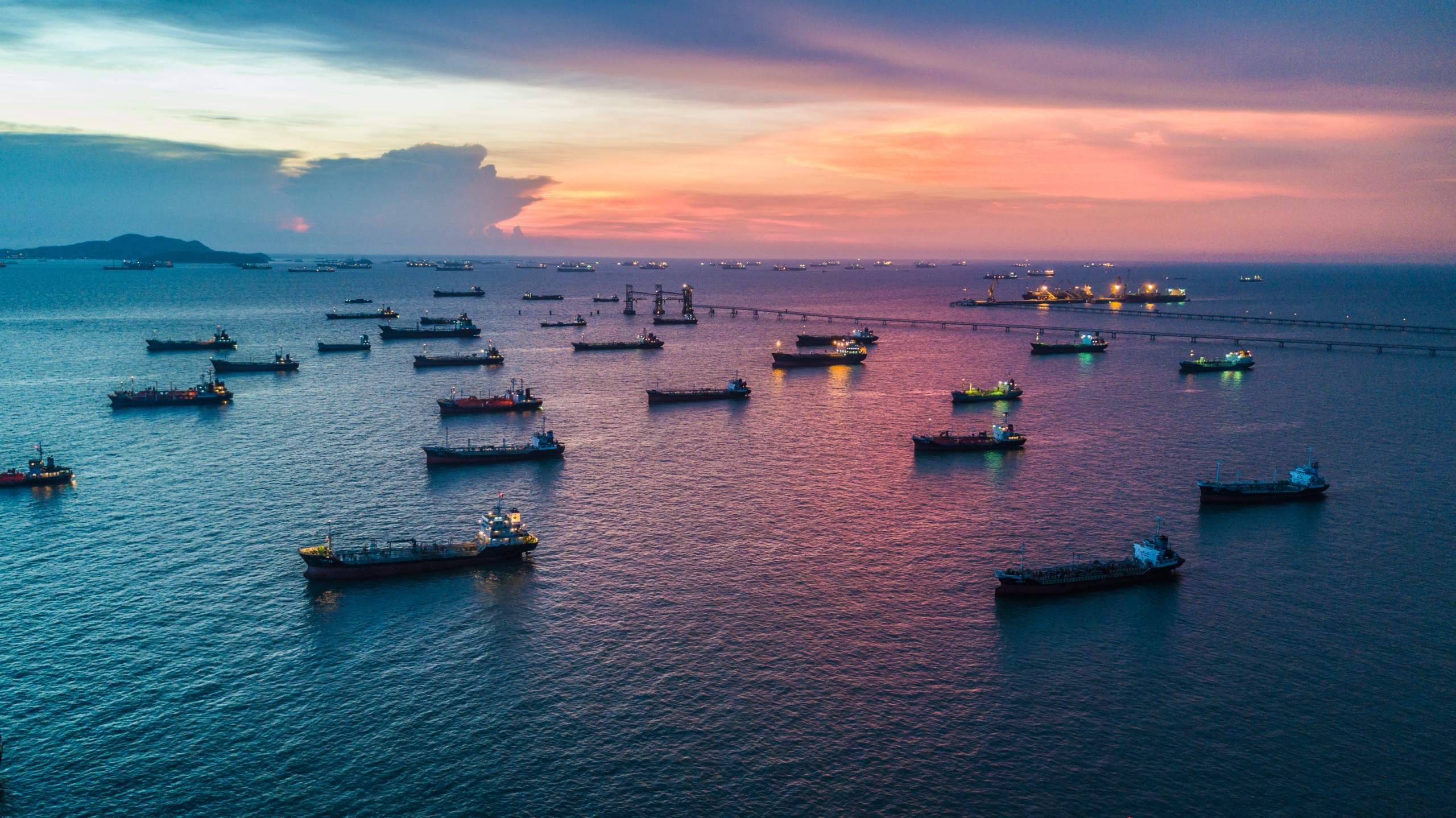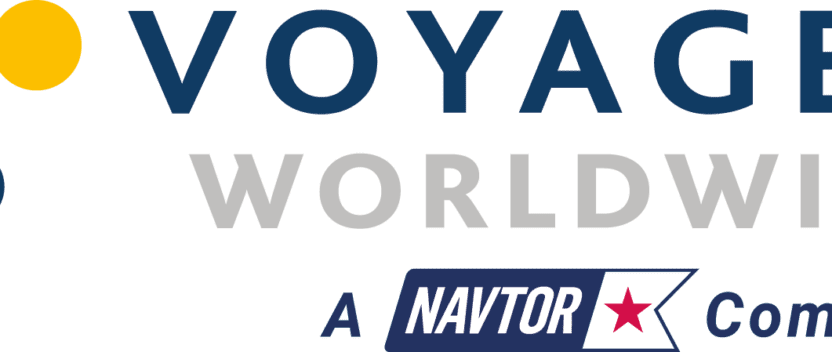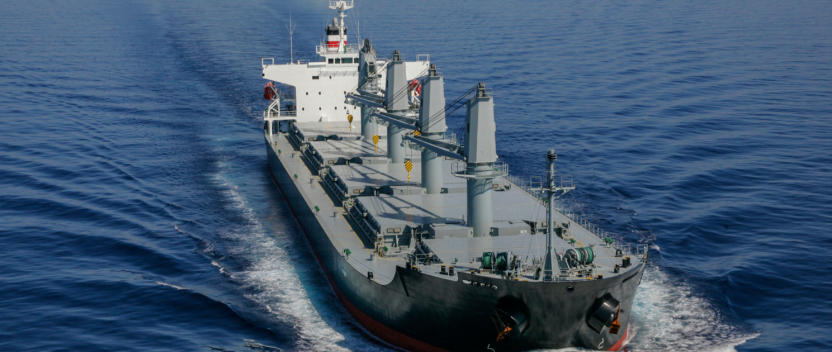Smarter money, smarter technology, hold the key to a cleaner shipping industry

Improving access to future fuels, upgrading technology onboard ship to smooth the adoption process, changes to customer behaviour and a willingness to pay for pollution; the shipping industry has a big to-do list if it is to achieve targeted carbon emission reductions by the proposed deadlines.
Leaders from across the maritime industry shared their views on all these topics at the recent ABS Sustainability Summit. Held as a curtain-raiser to the SMM 2022 event in Hamburg, the summit brought together industry participants with the institutions whose work will shape shipping’s energy transition.
Focussing initially on the challenges facing the industry, the panel discussed short and longer term goals. At present shipping looks likely to still be emitting high levels of CO2 by 2050 and action is needed on several fronts. Clearer regulation is required to support this process and sustainable finance must be available to help first movers.
For alternative fuels to fully emerge, some require regulatory support while all need some level of new technology implementation. How difficult the process will be depends in part on which fuel is considered – some are still many years from mainstream availability, in either conventional or renewable forms.
The industry has experience with cryogenic fuels through LNG, but the changes needed to adopt hydrogen as fuel will be considerable, the summit heard. The technology will need to be developed for the marine environment and a supply chain constructed to meet demand.
In the short term, owners will need an increasing level of support to make the necessary retrofits to bring down emissions from existing vessels but by 2050 the global fleet should be refreshed and the bigger opportunity is to focus on how to design ships to adopt cleaner fuels and reduce emissions further.
The availability of sustainable fuels is perhaps the biggest factor in their uptake. Challenges here include whether policy incentives are strong enough to create a regulatory landscape that can measure sustainability across the fuel lifecycle.
Though both regional and global regulators share a common vision towards lower emissions, the paths by which they get there diverge; some regulations consider the complete fuel lifecycle, others do not and some instruments measure these contributions differently.
For vessel operators, the baseline is clearly higher efficiency operations but the owners at the summit expressed the view that a clearer regulatory framework is needed to support them and begin to make new fuels available.
The willingness to pay for the energy transition will be fundamentally affected by the addition of shipping to the European Union’s Emissions Trading Scheme, since this will affect all ships calling at EU ports.
While it offers an apparently simple operating model, the ETS will also radically alter the competitive landscape for some owners but the ultimate goal – eliminating carbon emissions – means that at some point the system will have made itself redundant.
Operators are looking more closely at how they future proof their operations. The driver for this is purely practical. Their customers must soon account for so-called Scope 3 emissions in their supply chain, so the pressure is on carriers to improve. The change is uneven, though – very few large energy companies have a 2050 or net zero strategy but the issue is unavoidable.
Ship finance providers are certainly under pressure to improve transparency and meet goals for investment based on Environment Sustainability and Governance goals, negotiating multiple certification regimes and systems.
Existing ships – even those operated at high efficiency levels – may struggle to attract refinancing when the time comes – and may not be able to obtain sustainable finance which rewards their efforts to cut emissions with a more attractive interest rate.
Nonetheless, the summit heard that sustainable finance is moving into a concrete phase and bankers are looking to create value while balancing risk and reward, something that depends on the data as much as relationships.
Despite differences of view about the means of achieving it, there was consensus on the scale of the challenge presented by shipping’s process of decarbonization. The priorities are well understood; operators, finance and technology providers as well as regulators need to work together and focus on how to best achieve it.
The changes required by decarbonization – and even simply more efficient operations – put pressure on smaller owners, unused to trading anything other than ships and cargo space in well-known and understood markets.
For sure the shipping industry is not yet where it needs to be but is on the way; green finance and a carbon price are becoming common currencies.
What the issue needs is leadership that cuts across local and national authorities, bringing owners closer to the supply chain. The decisions that need to be made in adopting green technologies and green fuels demand official support and a degree of risk-taking.
Despite obstacles, the direction of travel is set; a discussion of such detail would be hard to imagine even a few years ago. Shipowners have moved from needing to be convinced to accepting if nothing else the scale of the challenge; a change at relative lightspeed.
There is no doubt that fundamental changes – creating optimised voyages and reducing port and supply chain congestion – requires more than just the industry talking to itself. There is still a need for marketing and education; shipping can sometimes appear very niche and distant. Now it has a good story that needs to get into the public domain.


